As an expression of gratitude, the Benedictine community erected a memorial to the Hungarian support. The statue of St. Stephen, King of Hungary, was placed on the altar of the sacristy, a relic of St. Stephen, donated by Cardinal Peter Erdo, Archbishop of Esztergom-Budapest, was placed in the altar, and the well in the monastery courtyard was named after King St. Stephen. Thus the church and monastery of Santa Maria della Misericordia became one of the Italian cultural monuments and places of pilgrimage with significant Hungarian relevance.
In the earthquake that hit central Italy in 2016, most of the historic buildings and churches in Norcia collapsed or became structurally unsafe, including the Basilica of St. Benedict and the monastery. The Benedictine community of twenty monks drew on donations to rebuild the chapel and construct the adjacent Monastery of St. Benedict on the Mountain, but funds were insufficient to complete the construction.
In March 2020, Benedict Nivakoff , prior of Norcia, wrote a letter to Hungary's Ambassador to the Holy See, Eduard of Habsburg-Lothringen, requesting Hungary's support for the completion of the construction.
The inauguration ceremony of the building complex was attended by State Secretary for the Aid of Persecuted Christians Tristan Azbej, who is also in charge of running the Hungary Helps program. In his speech, he stressed that the foundation of a Christian Hungary was the outcome of faith and political choice. He emphasized that King Stephen was determined to build a Christian country, and to this end he sought the pope's approval and the support of the Benedictines.
The direction was clear in St. Stephen's time and is still clear today. Today also, we have to decide what to build the present and future of our nation and country on. If we fail to make this decision, others will make it for us, but based on different values,
he pointed out.

When the earthquake in 2016 destroyed the monastery of the Benedictine Norcia Abbey, it destroyed not only an architectural heritage, Azbej Tristan told Magyar Nemzet, pointing out that Norcia is not only a very important place of religious life, but also a place of great importance for European Christian culture and civilization, being the birthplace of Saint Benedict, Europe's co-patron. The state secretary highlighted that
the community of monks in Norcia adhere to the original Rule of Saint Benedict and carry on the original ecclesiastical thought and theology. This is why the Hungarian government considered it very important to support the revival of a site bearing a great civilizational value.
Although many people know the Hungary Helps program as one that helps persecuted Christians around the world, the government considered this matter important, he added.
There is no persecution of Christians here, but we can see efforts aimed to suppress Christianity in European culture, which is why the symbolic gesture and assistance of the Hungarian state in the reconstruction is significant.
Hungary's government hopes that Norcia will be the scene of a spiritual revival, the state secretary stressed.
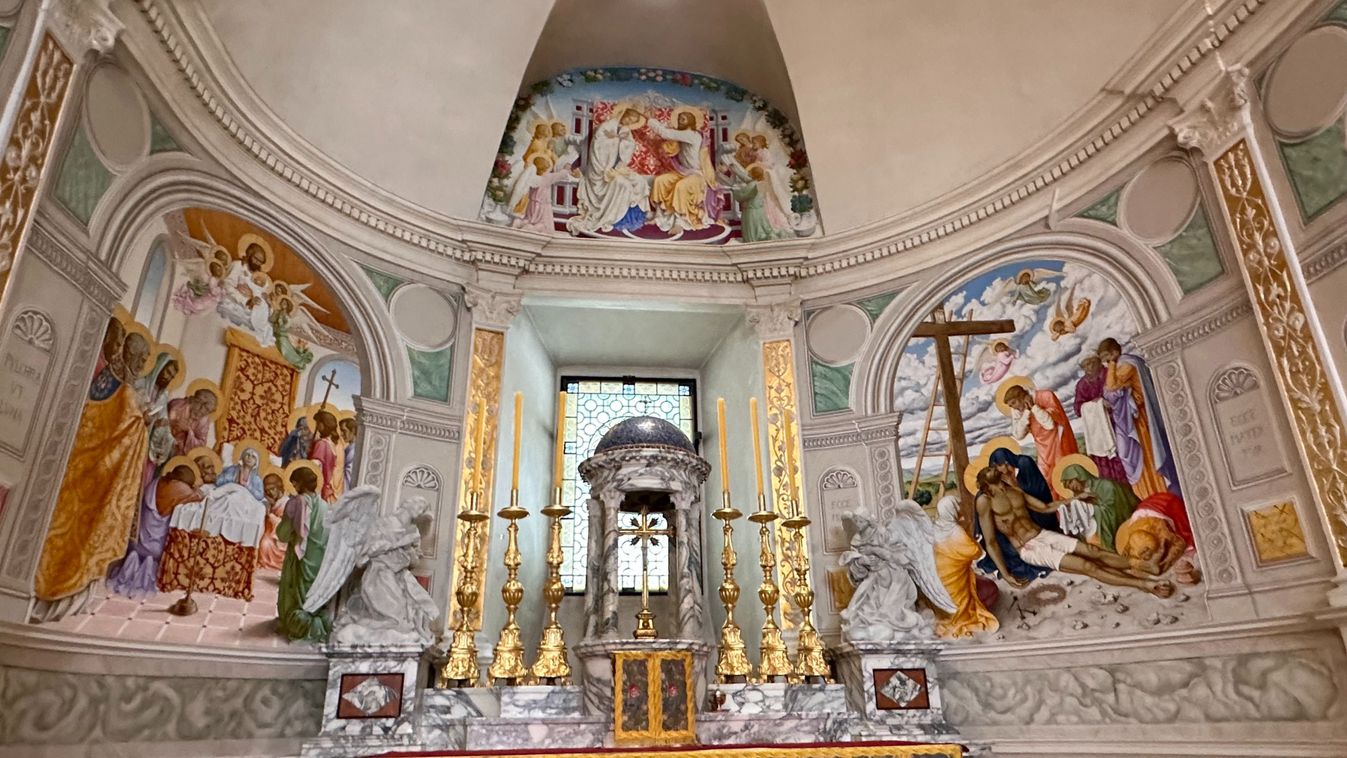
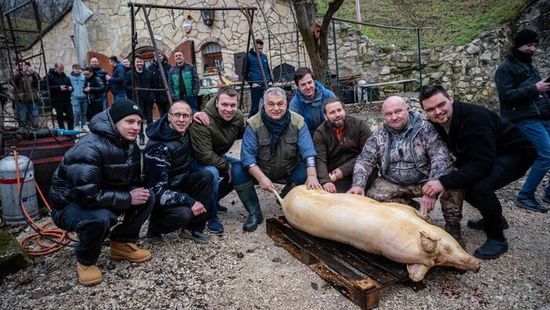
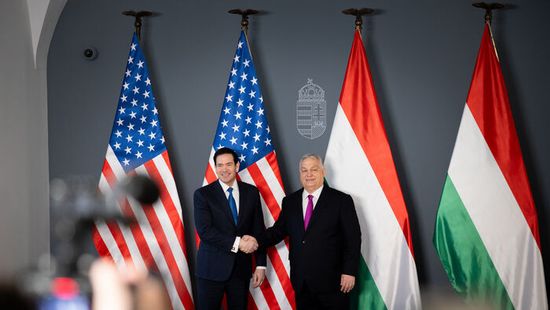

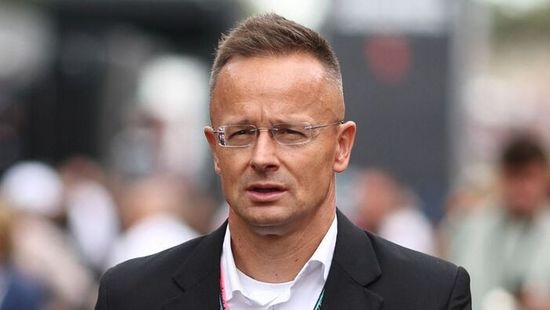

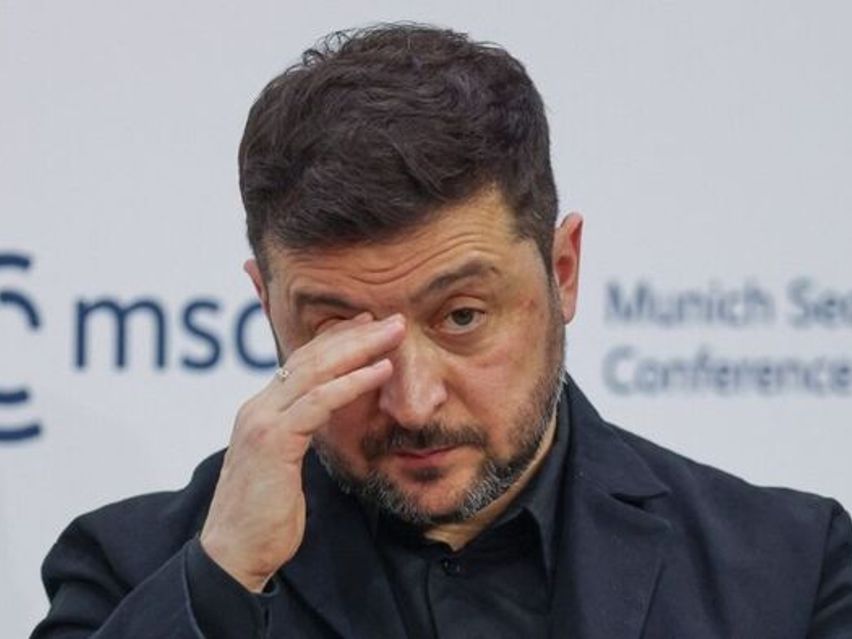

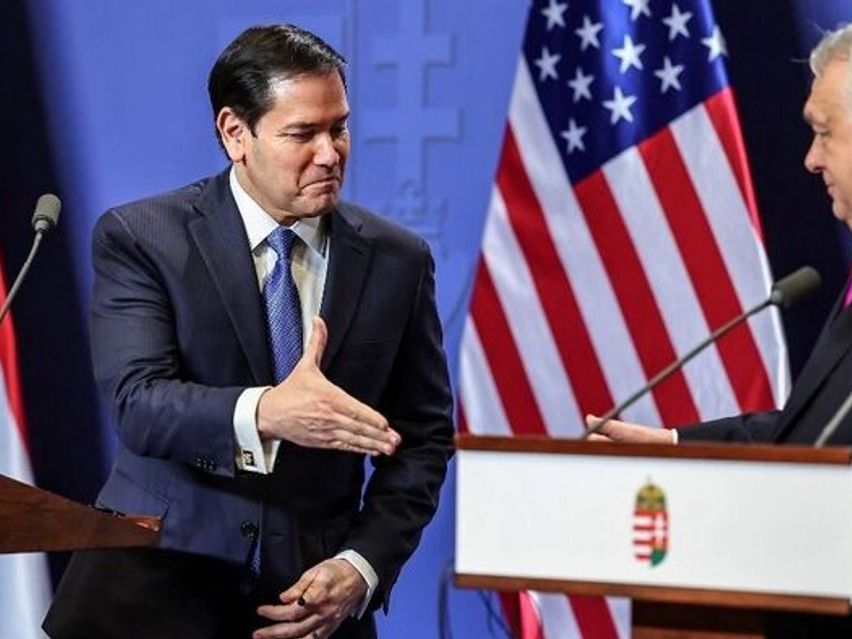
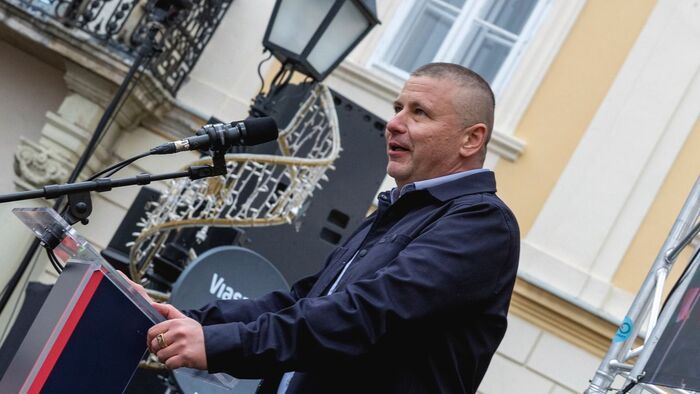

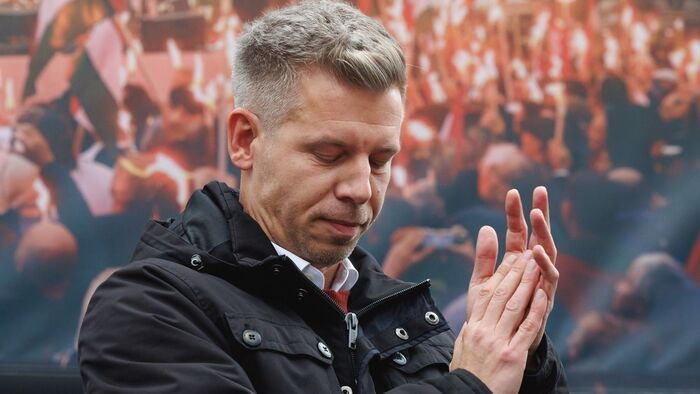

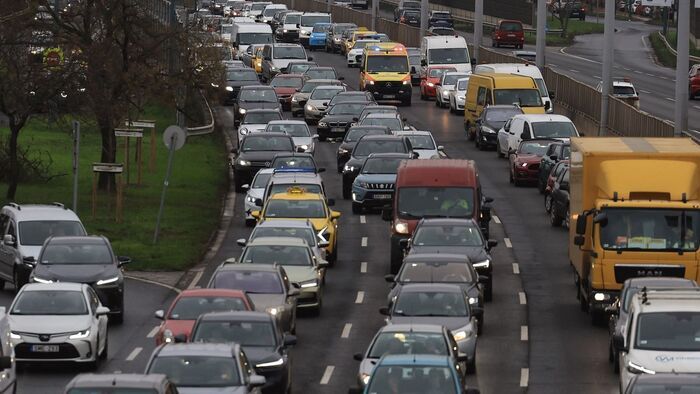
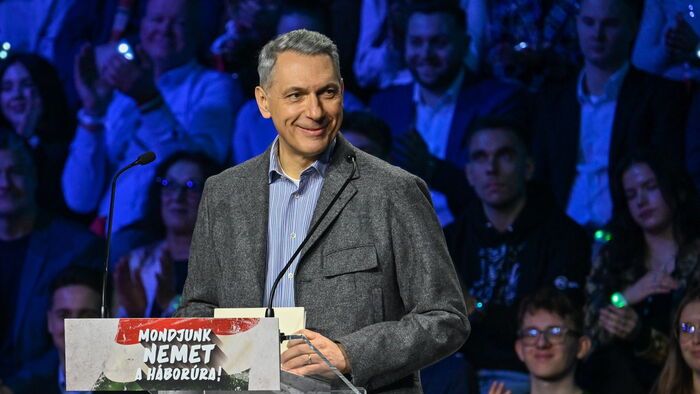
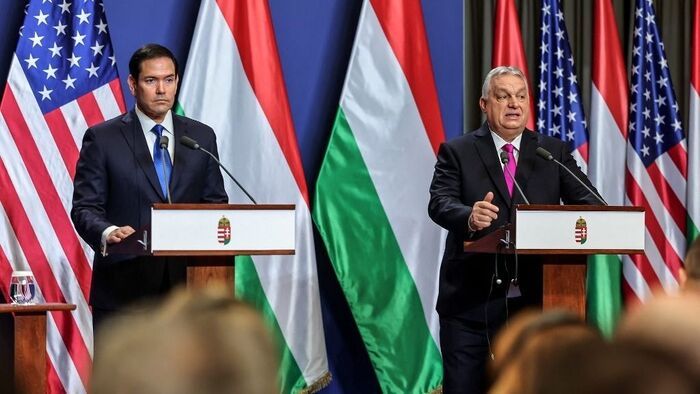
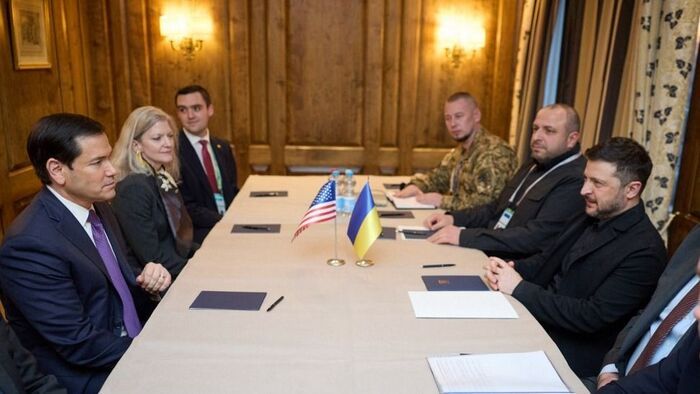
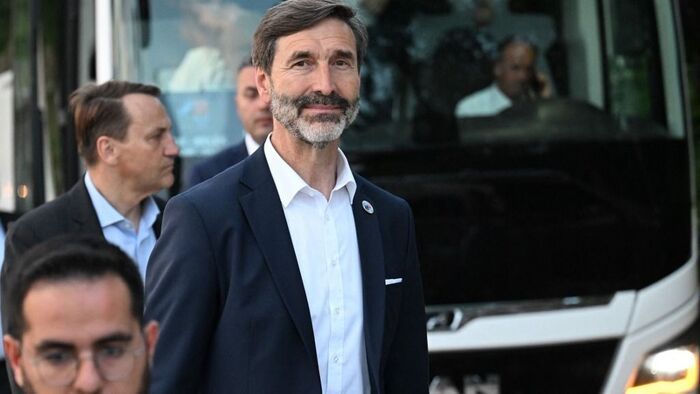

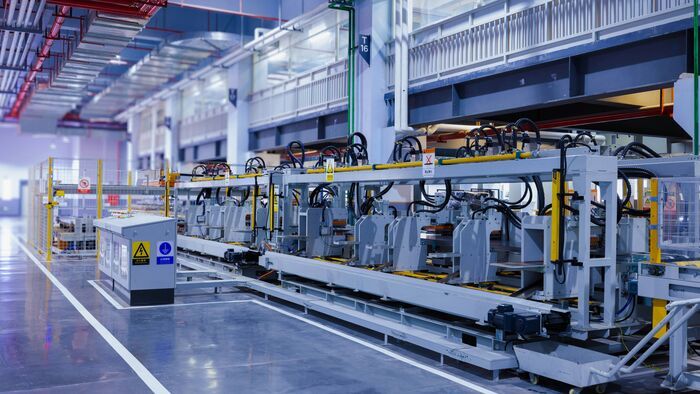
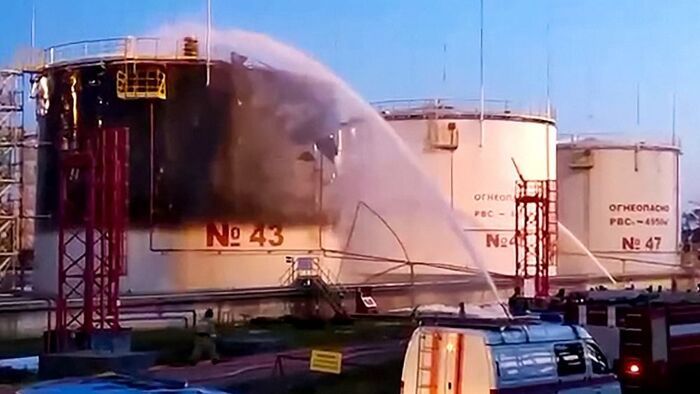
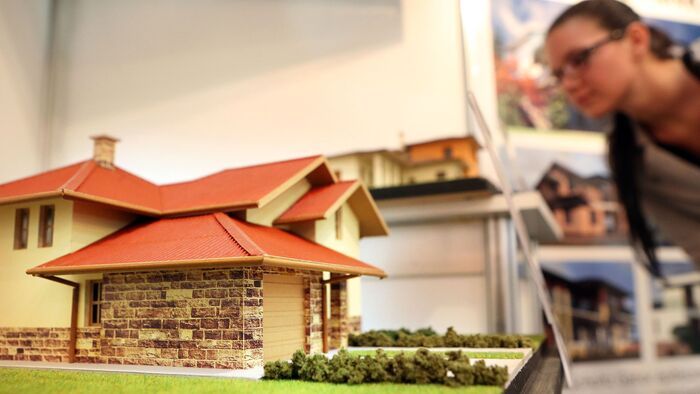

Szóljon hozzá!
Jelenleg csak a hozzászólások egy kis részét látja. Hozzászóláshoz és a további kommentek megtekintéséhez lépjen be, vagy regisztráljon!